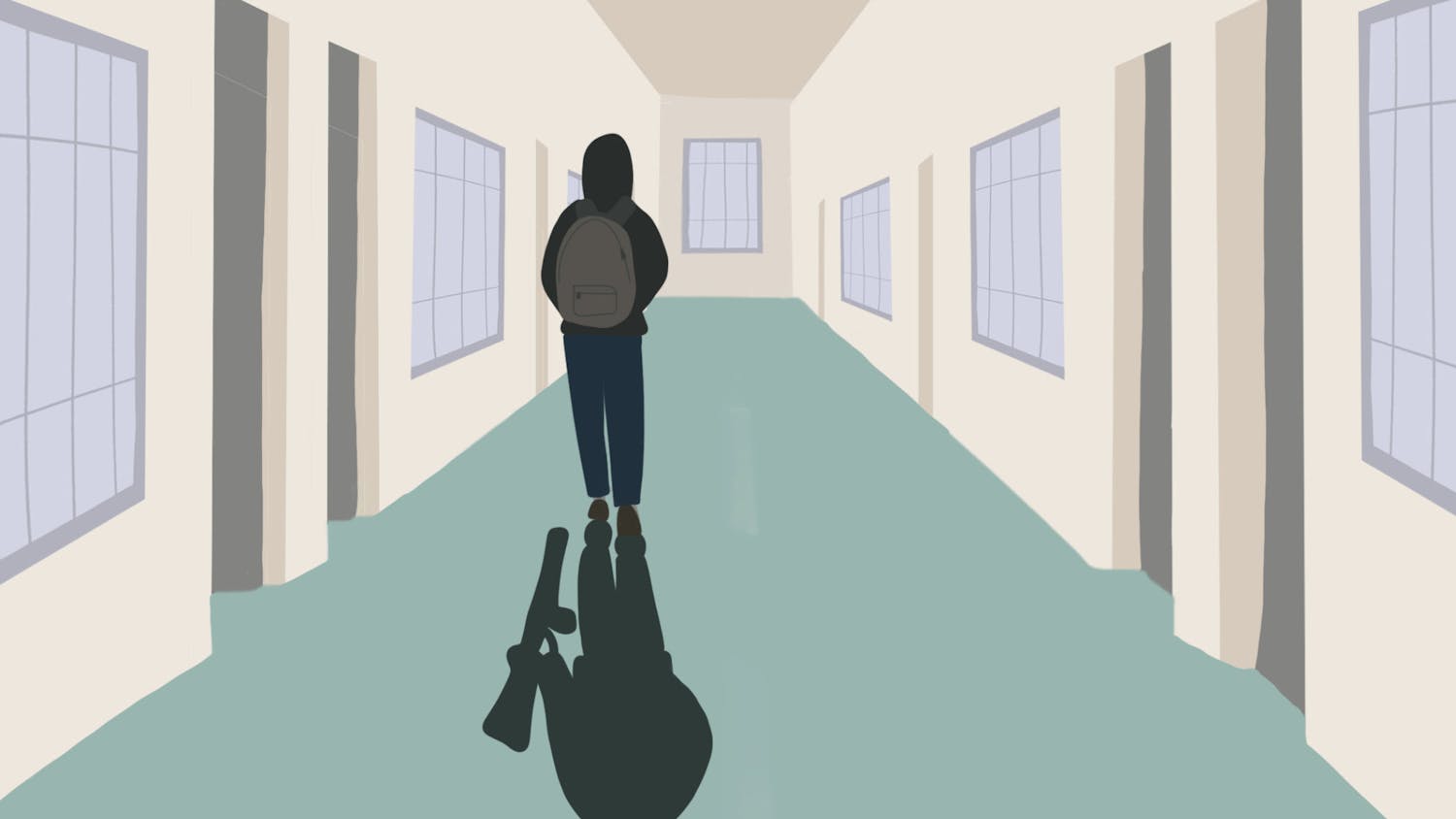Toward the end of last year, it seemed the world had finally begun to pay attention to what was occurring in Syria. There was a flurry of news coverage, protests and conversation over social media. Although many of us have moved on, the conflict between Bashar al-Assad’s regime, rebel forces, ISIS and the Russians continues to kill and displace people in the region. The most recent reports show a total of about 4.7 million Syrian refugees who are, in many cases, without food, water, shelter and other basic needs. In a recent memorandum, the Human Rights Campaign identified three key areas of need, one of which is education. About 222,000 children in Lebanon, 100,000 in Jordan, and 400,000 children in Turkey are not in school. This occurs as a result of language barriers, economic hardship and enrollment requirements meant to bar Syrian students from attending schools in these host countries.
Although much of the crisis involves matters of diplomacy, military intervention and negotiation between countries, there is now a way that students at UF can help. The first meeting of UF’s local chapter of Students Organize for Syria (SOS) will be held today at 6:30 p.m. in Rinker Hall, Room 210. To learn more, you can like UF SOS’s Facebook page at facebook.com/gators4syria. You can also join the Books Not Bombs campaign to help provide education for refugees of the conflict. This nationwide campaign is pushing universities across the country to provide scholarships for Syrian students, join the Syria Consortium and encourage other institutions to join the project. Make sure to sign the petition at books-not-bombs.com/uf and consider donating to organizations that are working to provide aid to those affected by the conflict.
Amanda Nelson
UF student





